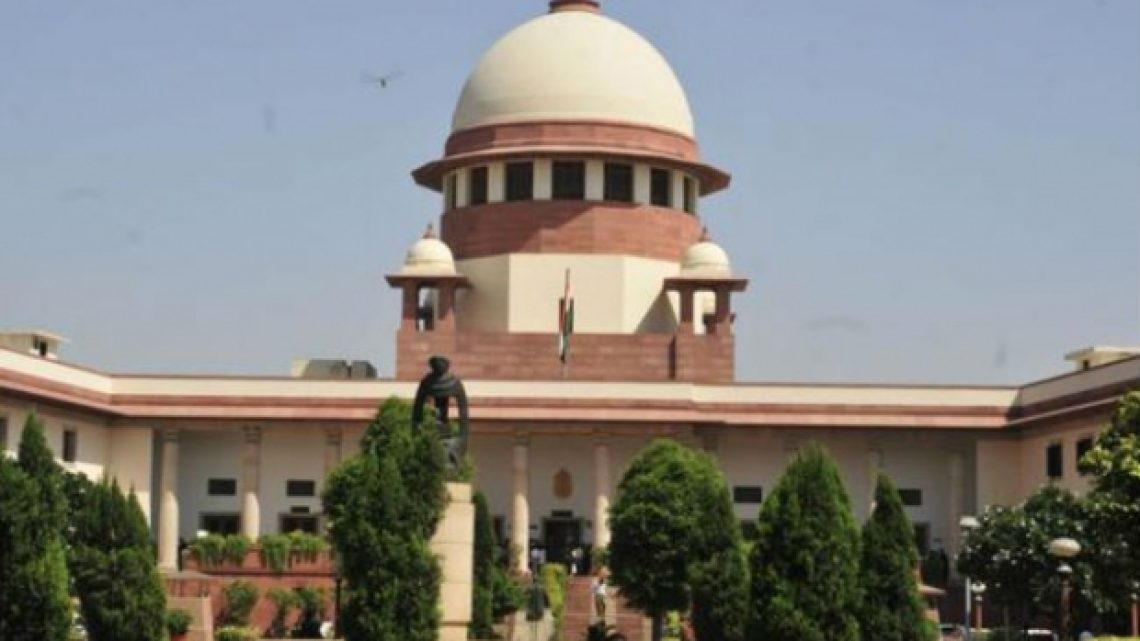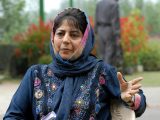
Indian Supreme Court’s Hindutva Rulings Allows BJP and RSS to Advance Agenda
May 2, 2024Allegations of violating the Representation of the People Act have been levelled against Indian Prime Minister Narendra Modi for his recent speech, which the Opposition has labelled as communal. A complaint has been lodged with both the Election Commission and the courts, seeking his disqualification. The law stipulates that any appeal by a candidate to voters based on religion constitutes a corrupt practice.
This controversy brings to light the complex legal and political landscape surrounding the issue of religion in Indian elections. It also draws attention to previous Supreme Court judgments, particularly those pertaining to the concept of Hindutva.
In two landmark cases from December 11, 1995, the Supreme Court ruled in favour of Hindutva, effectively exempting it from the provisions of the Representation of the People Act. The first case involved Shiv Sena’s Dr. Ramesh Yashwant Prabhoo and Prabhakar Kashinath Kunte. The Bombay High Court had found speeches by Bal Thackeray, advocating for Prabhoo, to be inflammatory and in violation of the law. However, the Supreme Court overturned this decision, asserting that Hindutva, considered as a way of life, does not necessarily promote hostility or intolerance towards other religions.
Similarly, in the case of Manohar Joshi vs. Nitin Bhaurao Patil, the Supreme Court overturned a disqualification ruling against Joshi, a BJP leader. Despite tape-recorded evidence of speeches containing references to establishing a Hindu state in Maharashtra and offering jobs exclusively to Hindus, the court deemed these statements as expressions of hope rather than appeals for votes based on religion.
Critics argue that these judgments have provided legitimacy to the use of Hindutva rhetoric by political parties like the BJP and organizations like the RSS, enabling them to further their agenda. They contend that the Hindutva ideology promotes homogenization and assimilation of minorities, Dalits, and Adivasis, eroding the secular fabric of the Indian Constitution.
A challenge to these judgments was mounted in 2016, asserting that Hindutva had become synonymous with nationalism, undermining the principle of secularism enshrined in the Constitution. However, the Supreme Court declined to hear the case, citing procedural grounds, thereby upholding the validity of the Hindutva judgments.
The unresolved questions surrounding the interpretation of Hindutva and its implications for Indian politics continue to fuel debate and controversy. Critics argue that by shielding Hindutva from legal scrutiny, the judiciary risks legitimizing communal appeals and undermining the secular foundations of the Indian state. As the country grapples with these complex issues, the role of the courts in upholding constitutional principles while safeguarding democratic values remains crucial.

